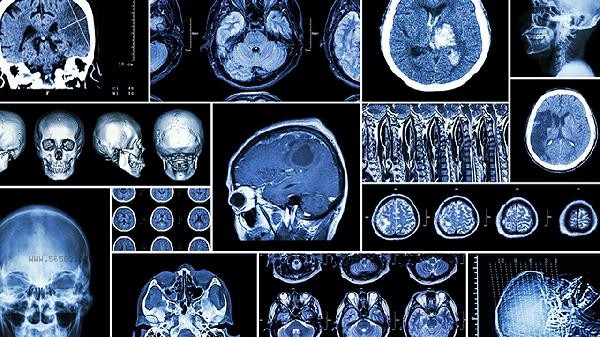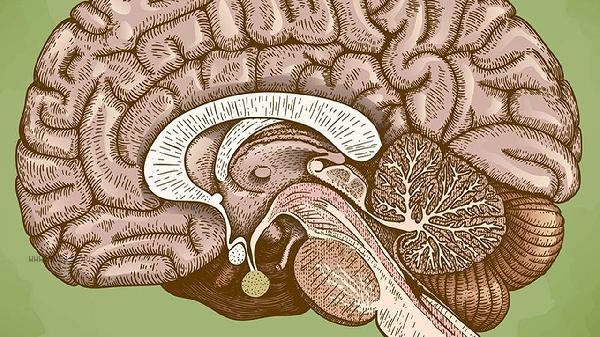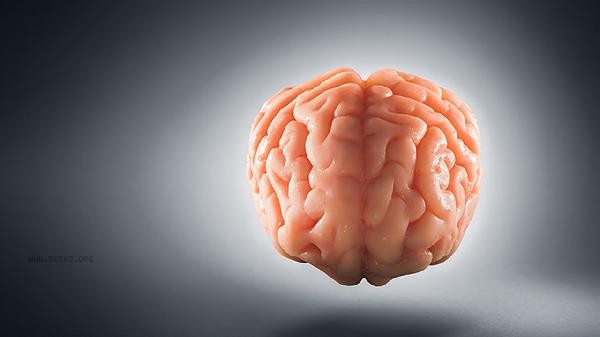The main regions responsible for memory function in the brain include the hippocampus, temporal lobe, prefrontal cortex, amygdala, and basal ganglia. These brain regions work together to encode, store, and extract information.

1. Hippocampus
The hippocampus is located on the inner side of the temporal lobe and is the core structure for forming new memories. It is responsible for converting short-term memory into long-term memory, especially crucial for episodic and spatial memory. Hippocampal injury may lead to anterograde amnesia, where patients are unable to form new memories but still retain memories from before the injury. Early Alzheimer's disease often results in hippocampal atrophy, leading to significant memory loss in the near future.
2. Temporal lobe
The temporal lobe cortex stores semantic memory and some episodic memory, while the left temporal lobe is more involved in language related memory, and the right temporal lobe is related to visual information memory. Temporal lobe epilepsy seizures may trigger memory flashback phenomenon. The anterior temporal lobe is related to object recognition and memory, and symptoms such as facial recognition may occur after injury.
3. The prefrontal cortex
is involved in the process of working memory and memory retrieval, helping us access stored information when needed. It is also related to the organization and strategic application of memory, such as enhancing memory effectiveness through classification or association. Abnormal prefrontal function may lead to difficulty in memory retrieval, manifested as the inability to recall words from the mouth.

4. amygdala
The amygdala is mainly responsible for processing and storing emotional memories, especially those related to fear. Strong emotional experiences activate the amygdala, making related memories more profound. Patients with post-traumatic stress disorder often have overactive amygdala, leading to repeated flashbacks of traumatic memories.
5. Basal ganglia
The basal ganglia are involved in the formation of programmed memory, such as skill memory for cycling, playing the piano, and so on. This type of memory, once formed, can often be automatically executed without conscious involvement. Parkinson's disease patients may have damage to the basal ganglia, leading to difficulties in motor learning but relatively preserved episodic memory. Regular aerobic exercise can promote hippocampal neurogenesis, a Mediterranean diet can help delay the degeneration of memory related brain regions, and continuous learning of new skills can enhance the collaborative function of different brain regions. When persistent memory impairment occurs, it is recommended to undergo timely neuropsychological assessment and brain examination. Early intervention is crucial for protecting memory function. In daily life, the health of the brain's memory network can be maintained through memory training, social interaction, and stress management.









Comments (0)
Leave a Comment
No comments yet
Be the first to share your thoughts!